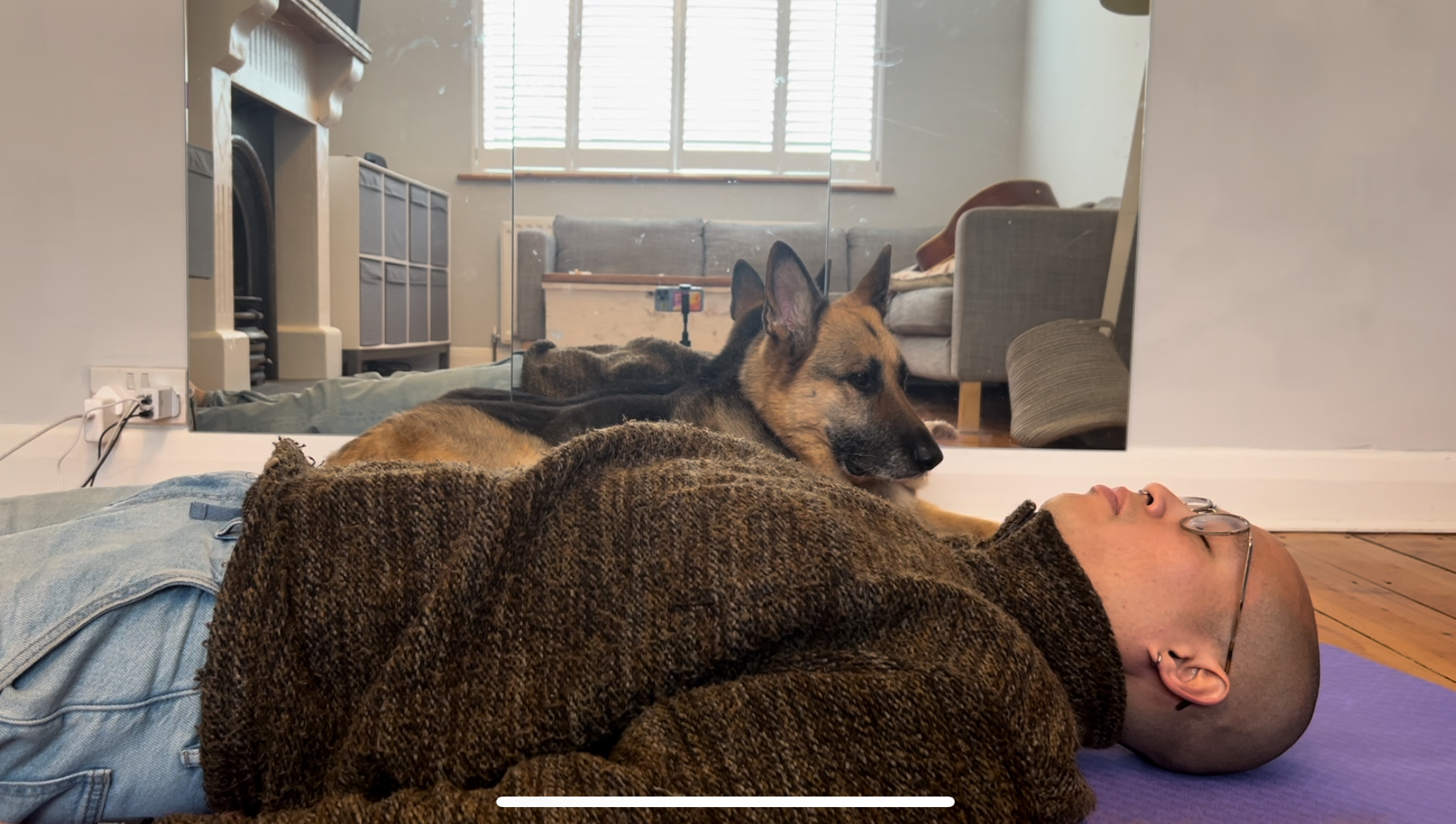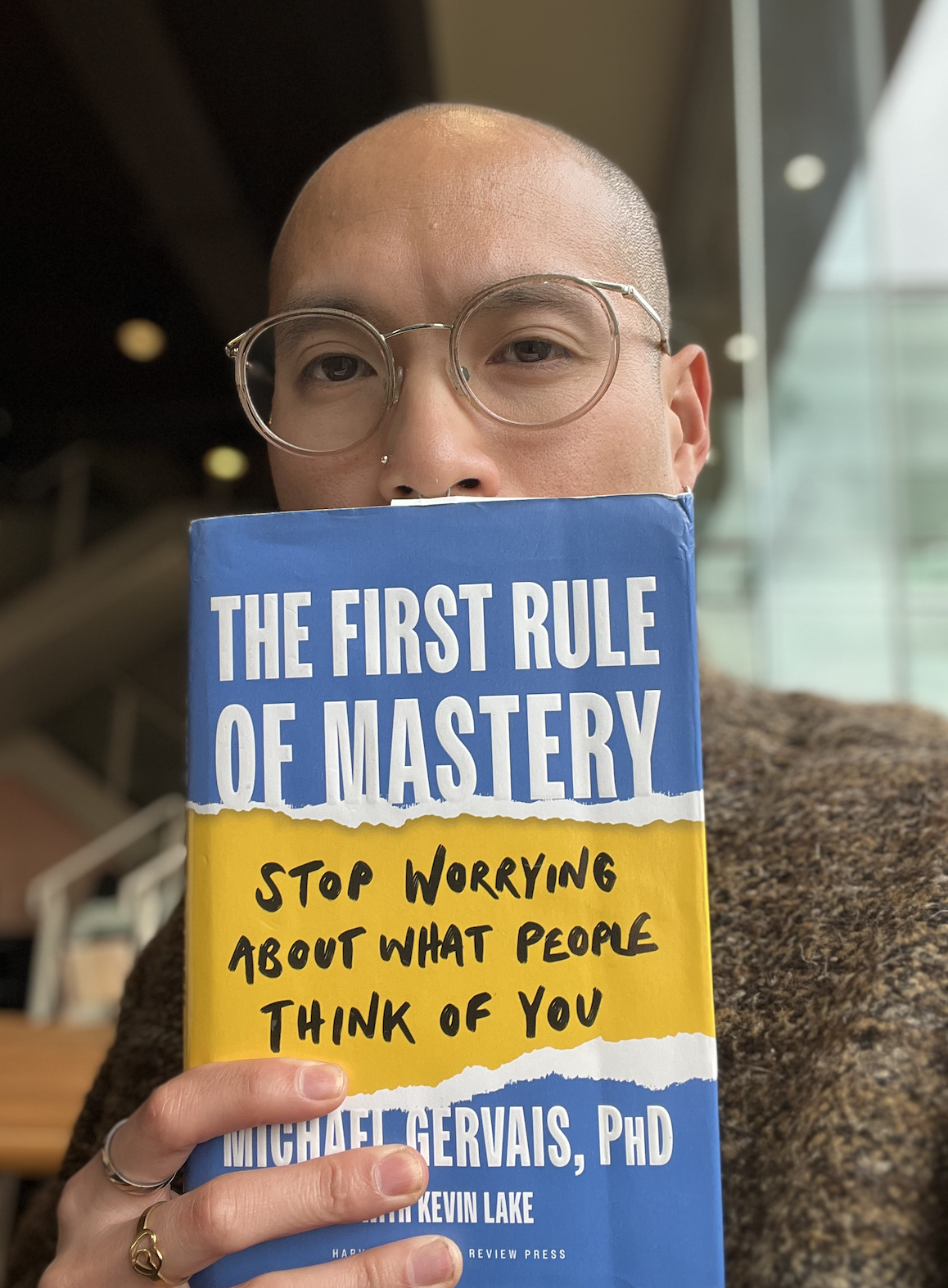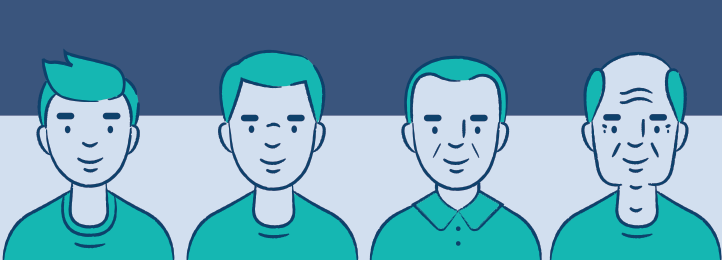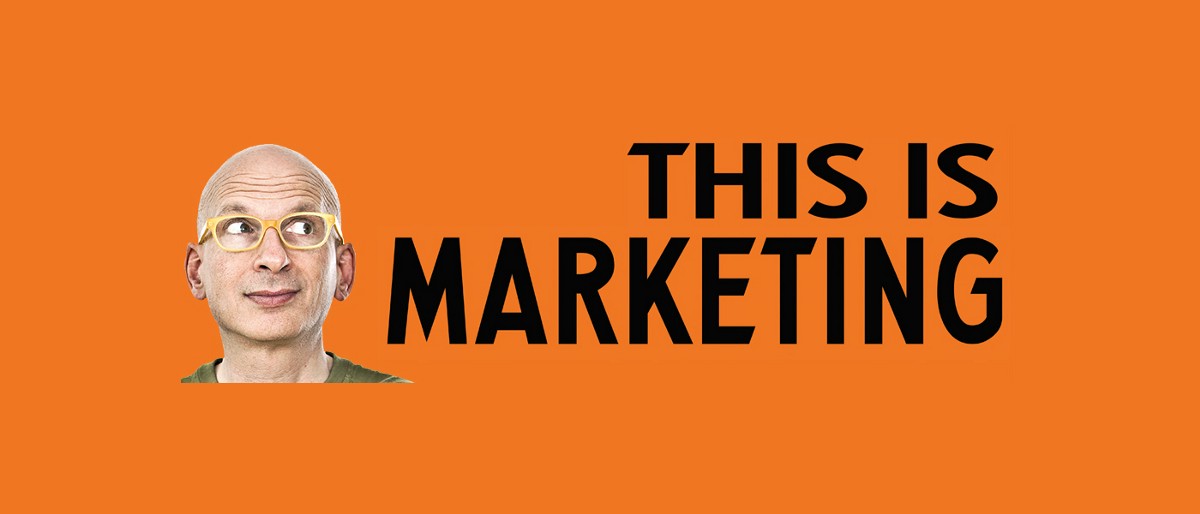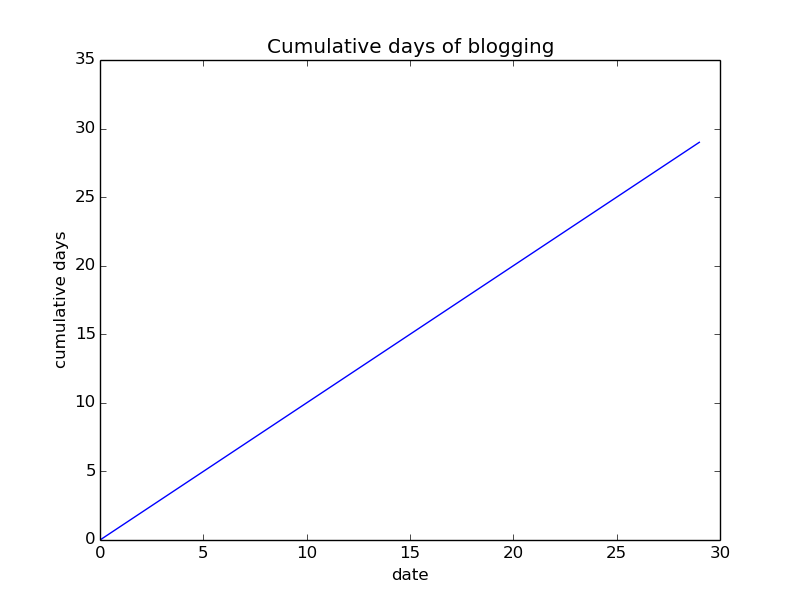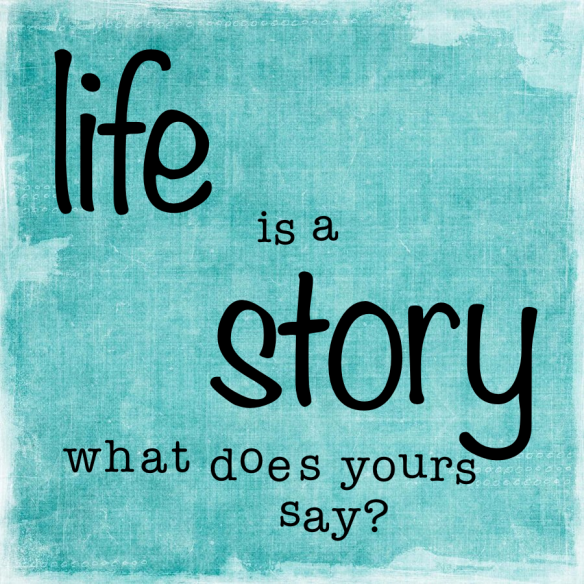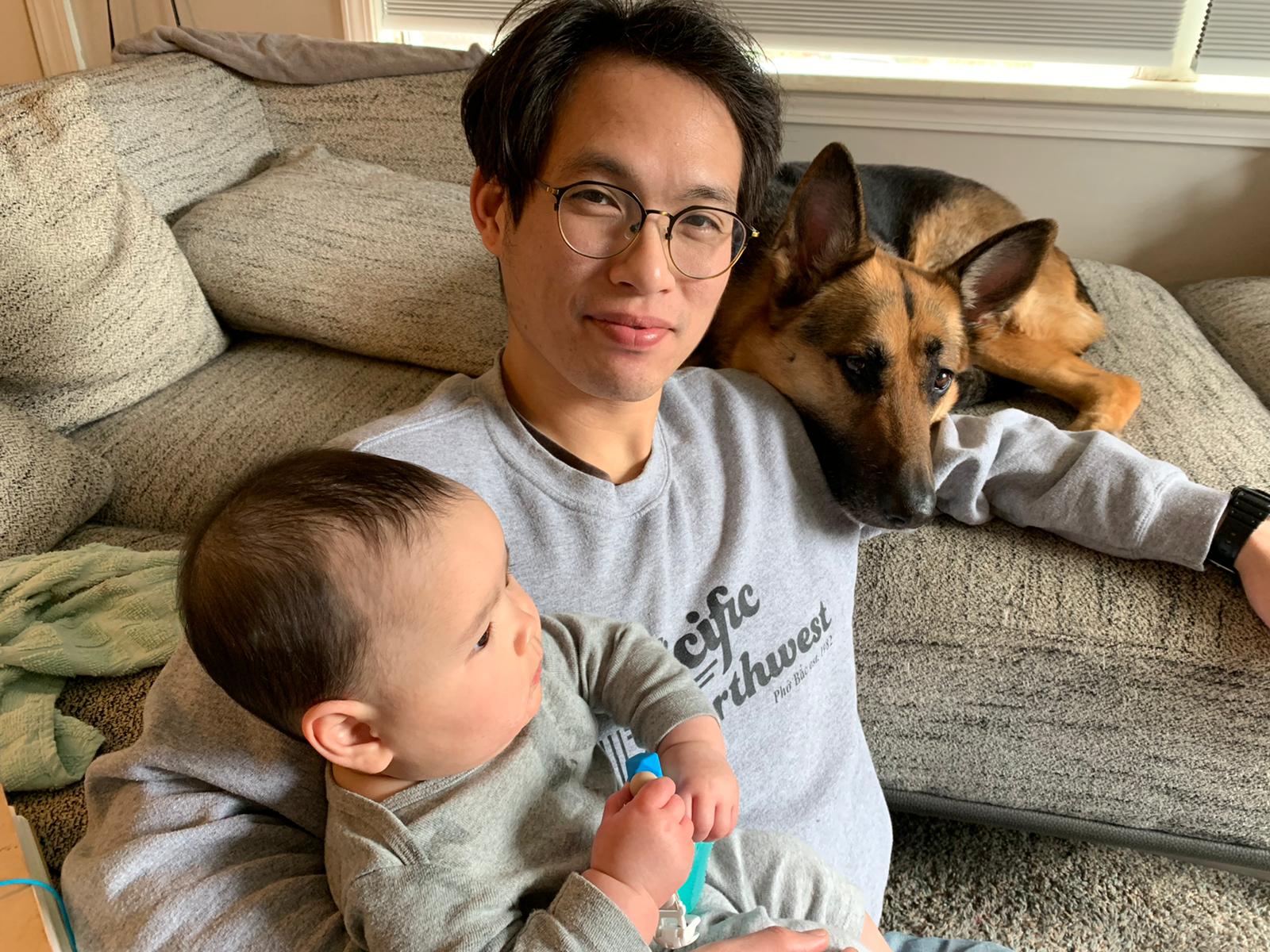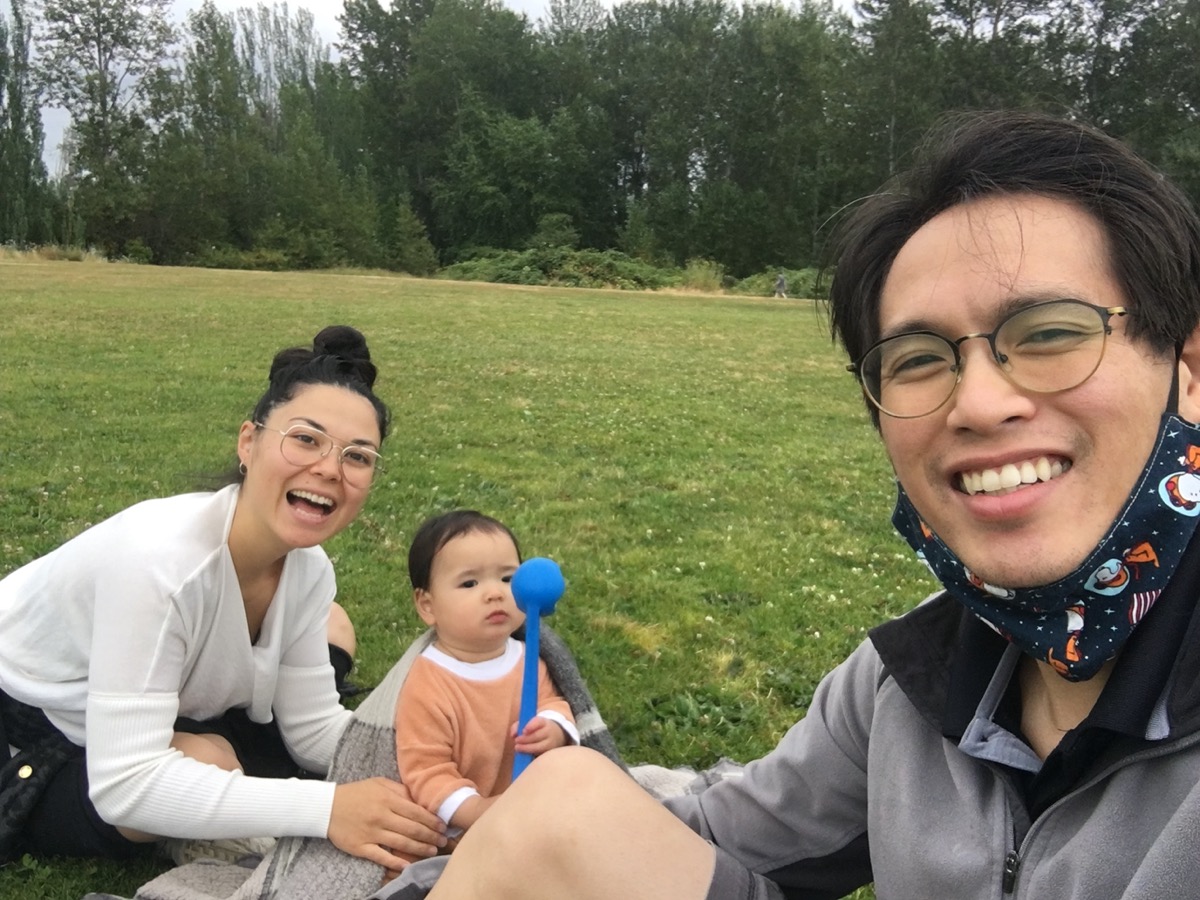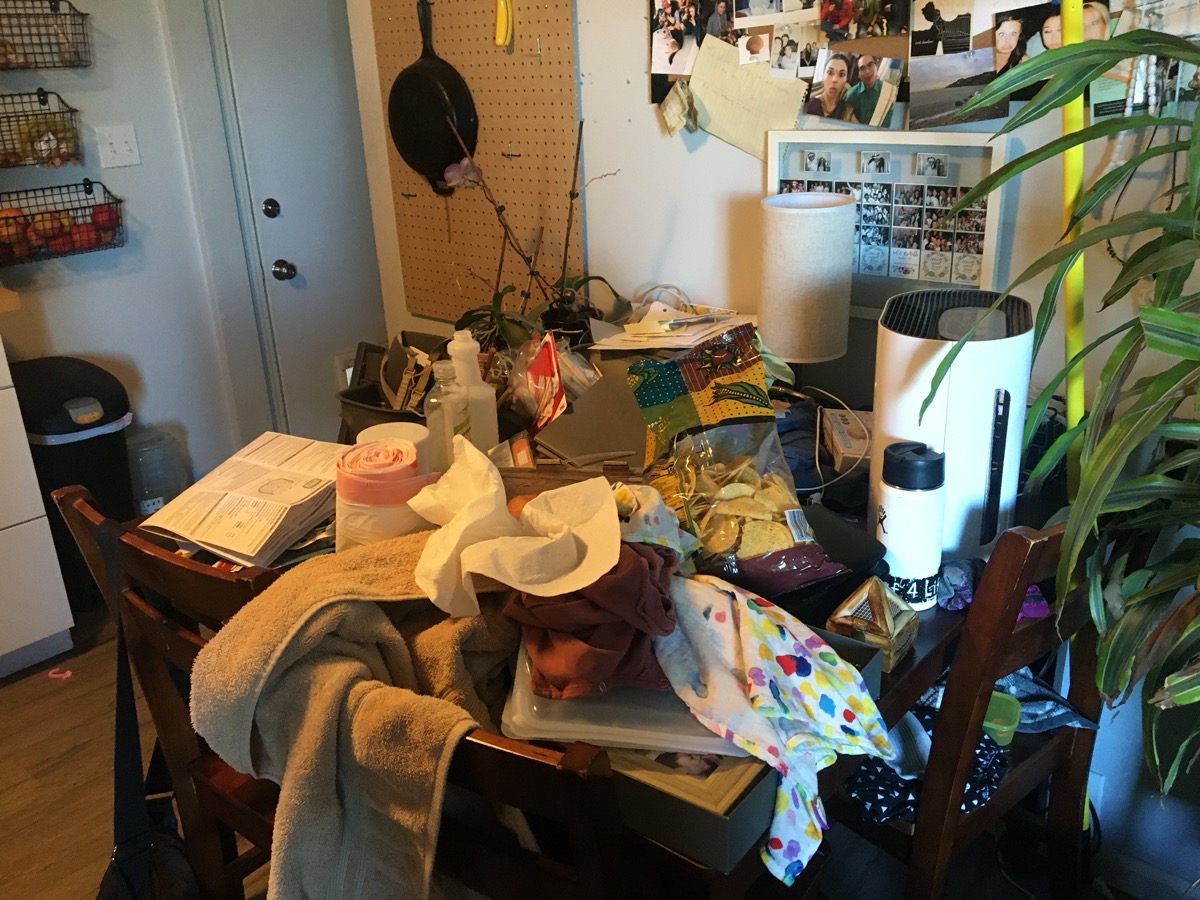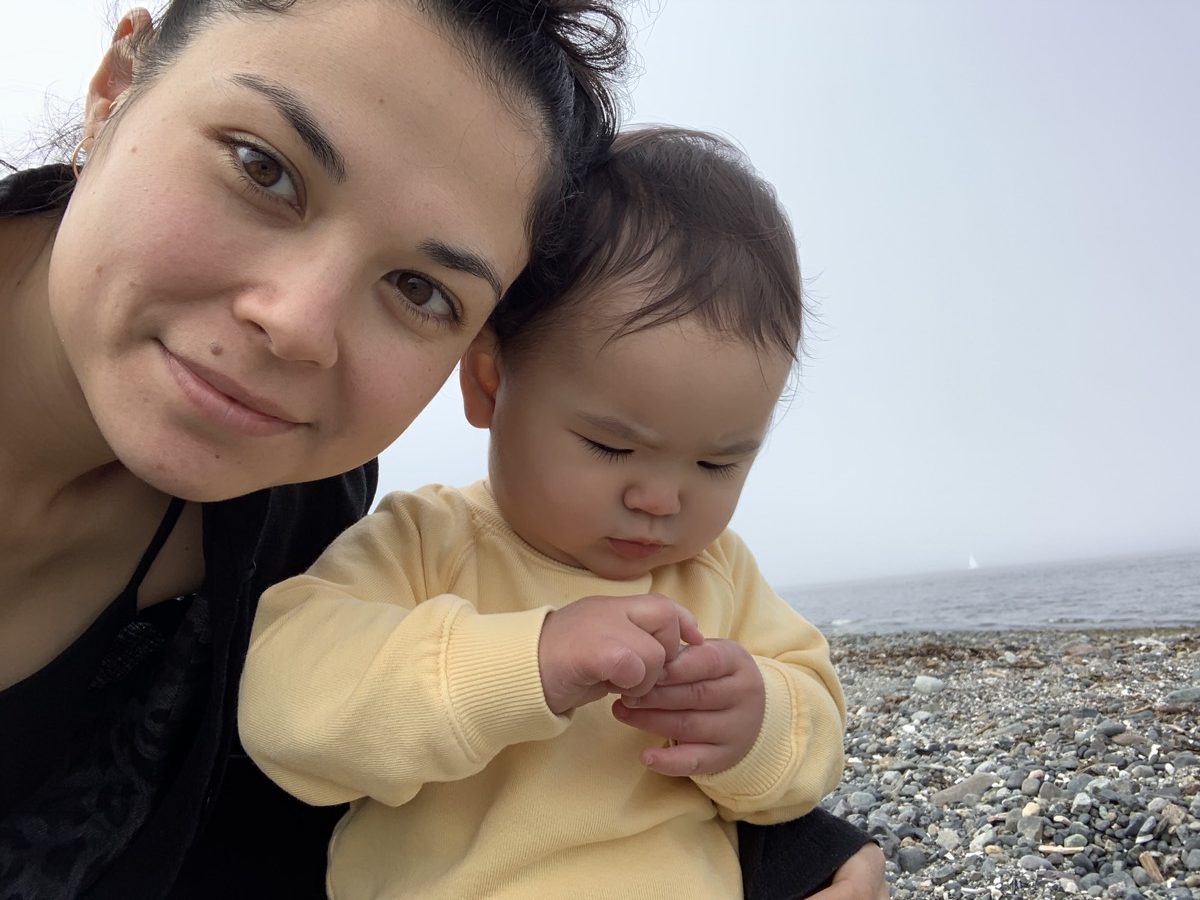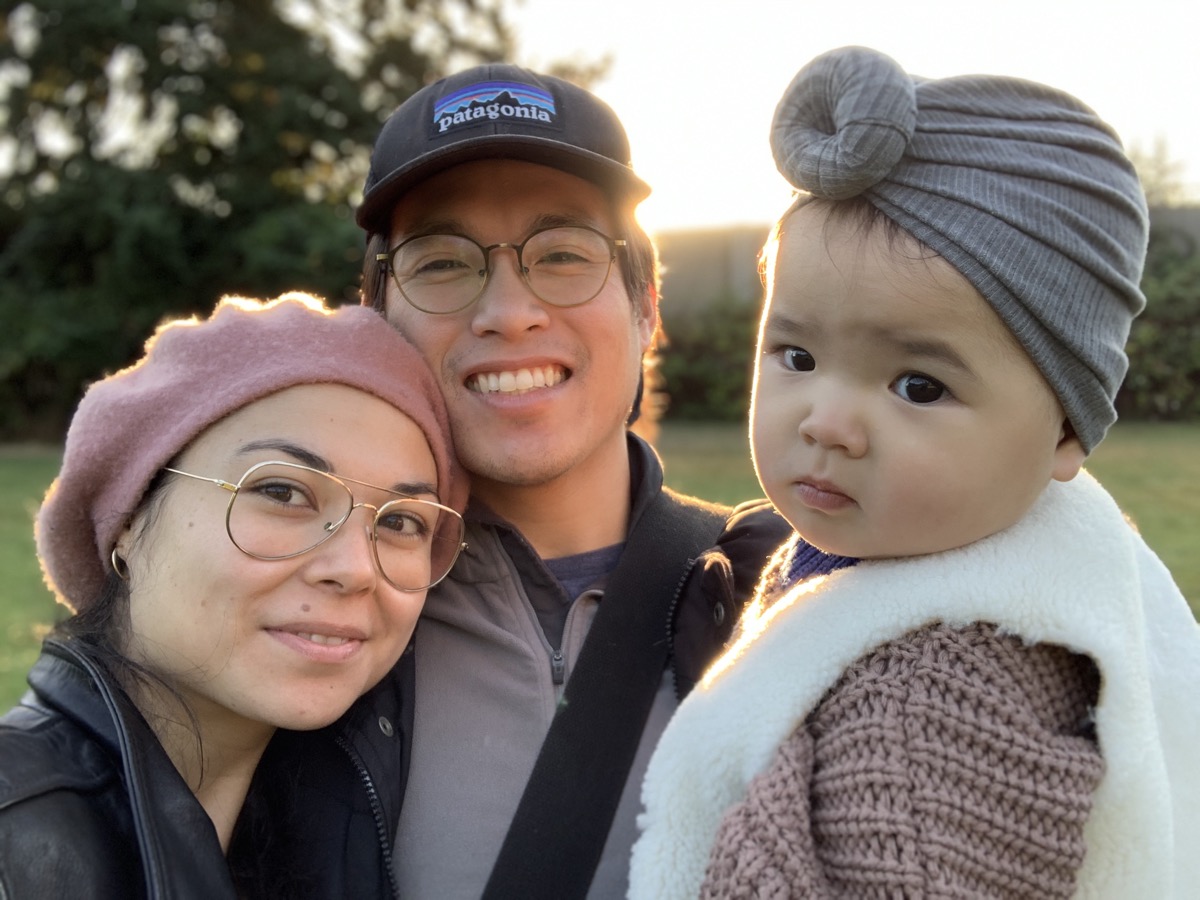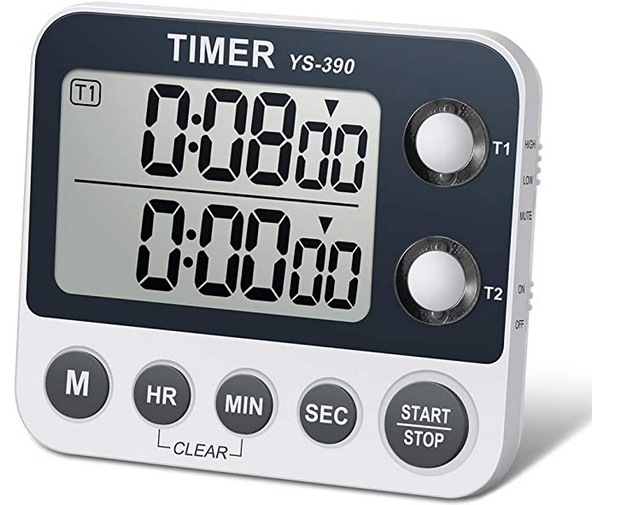Liyvz, a K-Pop singer posted the video below on her Instagram page and I love love love the message that she shared and the story she shares exemplifies bravery and willingness to “be you” despite public criticism. Her willingness to practice authenticity is an attribute that I am not only striving for, but actively working on (related blog post: stop worrying about what people think of you)
Right out the gate, she shares a common question she gets:
“What am I trying to achieve by being a plus sized K-Pop artist.”
She discusses that when she first started releasing music, despite wanting perform as a solo artist, she initially joined a band.
“Even though I just started out that way, I was like ‘let me just do things with the band’ because at that point I had gained a lot of weight. I don’t want people to make fun of me when I go up there and do this thing that’s so vulnerable and so special to me.”
This makes so much sense and I can relate. For much of my life, I’ve feared being in the spotlight and at the same time, craved it, a deep desire to be able stand up on my own two feet and at the same time, so unsure of myself and afraid of public humiliation. And I can see how joining a band seems like the “safer” choice. Doing so provides some (potentially illusion) security: strength in numbers, right?
However, when her and her band starting gaining traction on social media, the comments directed towards her were — by what I call keyboard warriors — predominately poking fun at her. I feel anger when I hear people trying to humiliate he; in fact, in general, I have little tolerance for public humiliation and will check somebody when they try to do so.
Anyways, after being in a band for some time, she eventually took the leap for going solo as an artist. To her surprise, when she went out on her own, she received “a lot more positive reception” and more and more people were genuinely rooting for her.
Her main take away?
“No matter how much you try to like put yourself in a box or make yourself what other people want you to be, being yourself is probably gonna be the best reception that you’re gonna get…if you are going to put yourself out there, you might as well do it authentically because the people who really like and admire you in that space are gonna be admiring you for who you truly are.”
She’s spot on here. This is similar advice I heard recently from Jo-L, when he was a guest on the London Capsule’s podcast episode, when he said:
“You can make a choice. People are going to either love you for everything that you are and everything you want to be. Or they are going to hate you for that. Then on the other hand, they are going to be hating you for all the things you are not, that you are pretending to be. So essentially, you are going to be loved and hated anyway. So you might as well be loved for the things that you really want to be loved for.
Ultimately, the point is this: be yourself. Liyvz’s states that you should just be you. “You can try to make yourself more palatable for other people but at the end of the day, you end up drained you end up feeling like you’re not being your true self.”
Her statement is both wise and aligned with what Michael Gervais — PhD and sports psychologists — writes in his book The first step of mastery: stop worrying about what other people think of you.
Michael shares that “the exhaustive need to perform will tear at the seams of well-being, relationships, and one’s own potential.”
In sum, I absolutely admire her tenacity, vulnerability, and commitment to herself. And it’s the path that I’m walking down myself: learning to just be me and practicing how to stop worrying about what other people think of me.
